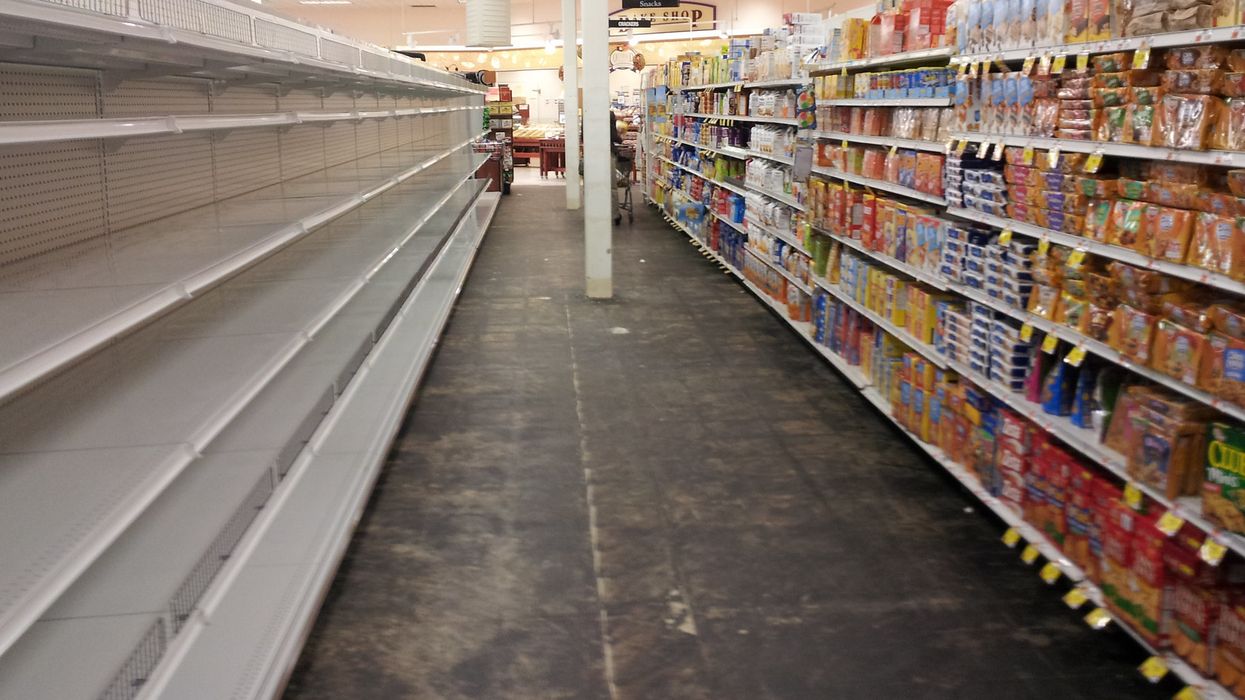Canadian Retailers Are Prepping For A Second Wave To Avoid More Empty Shelves
The sight of empty shelves in grocery stores was a jarring one for Canadians. The early days of COVID-19 in Canada sent most people into a buying frenzy, stocking up on supplies en masse. With a potential second wave coming, retailers are working to make sure this won't happen again.
Dr. Sylvain Charlebois, Professor in food distribution and policy in the Faculty of Agriculture at Dalhousie University, believes that this time around, industries will be more prepared to bear the weight of increased consumer demand.
Editor's Choice: Ontario Party Fines For Hosts Are Now The Highest In Canada At $10,000
"The food sector has been preparing for a potential second wave for months now," he wrote in a September 16 LinkedIn article, "and, though it may not be perfect, we should trust that food will remain available across the country."
Even Canadian grocery chain Sobeys is confident that people won't have to deal with bare shelves when they visit the store.
The company told Global News that even though there will still be certain items that people stock up on, they do not expect panic buying to be as significant.
Dr. Charlebois noted that online delivery services from grocery stores have improved over the last few months, and will likely make everything a little bit easier in a second wave.
"Barely six months ago, it was almost impossible to get a grocery order delivered within eight days. Now, most markets offer great home delivery service and will deliver just about anything, including groceries, within two hours."
In March and April, stores running out of certain items like flour, eggs, and toilet paper, was not uncommon.
However, retail experts were quick to assure Canadians that the supply chain had remained strong and that increased demand did not mean there were actual food shortages.
The pandemic has also changed what people are buying at grocery stores, with Dr. Charlebois previously saying that Canadians have started buying more fresh ingredients since they are cooking more meals at home.
